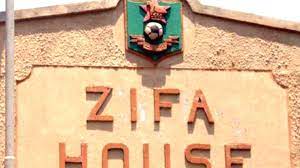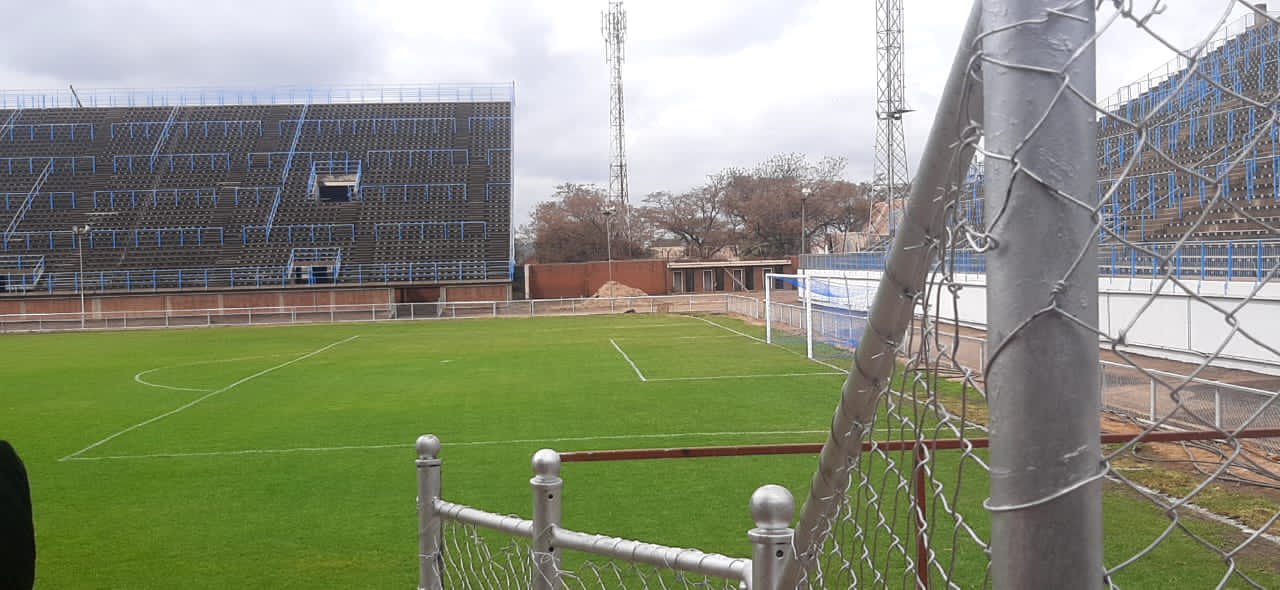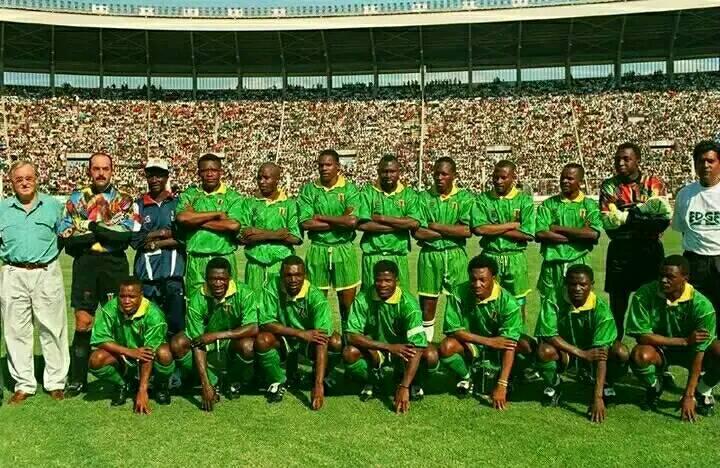By Batsirai Sango.
The ICC cricket world cup qualifiers came and left with the extravaganza attesting to how much in love the people of this great country are with sport especially with the national team being in the thick of things.
The turnout at all the venues when the chevrons took to the cricket field were simply impressive and a marvel, with the previous article noting how football should learn a thing or two from this experience.
Fast forward a couple of days ago Zimbabwe football came back from the lowest doldrums since the attainment of Uhuru 4 decades ago with the lifting of the FIFA ban, which was invoked after government’s involvement in the local game with the suspension of the Felton Kamambo ZIFA led board.
July 13th was a day to remember when Zimbabwe was welcomed back into the community of football nations with the announcing of the 2026 world cup qualifiers groups. Zimbabwe were put in group C alongside regional nemesis in South Africa, Lesotho and Nigeria, Rwanda and Benin.
A joyous occasion it was and is to be readmitted back into the community of football nations but be that as it maybe it is also an opportunity for all progressive football stakeholders to self-introspect, look themselves, us in the mirror and appreciate what brought us to the lowest of points in our football history.
Chief among the reasons being maladministration and the absence of accountability mechanisms to bring such matters to book. The local football motherboard has been a hub of dismal failure with respect as to how football is run more especially with the national football team. From the turn of new millennium there has been numerous standoffs involving the football mother body and the national team setup from the technical team, the players whenever national duty comes in calling over issues of poor preparation especially with regards to remuneration with last minute compromises defeating the whole purpose of a positive outcome on matchday.
On the eve of the Africa Cup of Nations in 2017 the last Cup of Nations the Warriors last took part in players were in protest mode to the extent of refusing what would have been a farewell dinner with the country’s president over unpaid match fees amongst many other issues related to finances. This is the biggest football showpiece on the continent and to have such a distraction on the eve of the tournament spells disaster and disaster it was with below par performances from what had been a promising class, generation of players in recent memory.
This is not new to Zimbabwean football even from the days of the most celebrated skipper in the great Peter Ndlovu, a deadlock regarding match fees and allowances has always stifled our every preparation whenever taking part in any qualifiers campaign be it the Africa cup of nations or the world cup.
In 2005 during the Nations cup and world cup qualifiers for 2006 players refused to board the plane for the away first leg match against Angola in protest to the unresolved money issue, it had to take the selflessness of the skipper Peter Ndlovu to commit to paying every squad member the match fees and allowances they demanded with the authorities failing to reach a compromise with the players.
One can only imagine what would have happened had the flying elephant not been there to rescue the situation. A great deal of gratitude we owe to the greatest warrior as a nation for that undisputed love and commitment to the cause of Zimbabwean football, and with time one of the ceremonial homes of football ought to be named after him.
In an interview on “In Touch with a Legend” hosted by Alois Bunjira, the skipper of the 2017 class Willard Katsande narrated how after that dismal show was told by the football hierarchy that his days with the national team had come to an end after having led the players’ protest that led to the standoff with ZIFA.
The revelation by the former skipper shows the absence of remorse and accountability on the part of the authorities victimising a player on the basis of having led industrial action as it were against the authorities for their ill planning.
One has to appreciate football careers in the sense of any other profession it can be education, medicine you name it, and never at any point has a responsible government victimised civil servants for taking industrial action demanding better wages and working conditions. It’s simply a weatherization of power, authority by those who would have been entrusted with it and that has to be one of the issues that has to be addressed.
Players taking industrial action against the football mother body is an indication of how all avenues of negotiation would have failed and striking would be last resort, and with authorities eventually giving in clearly shows and attests to the greed of the officials and their lack of commitment towards the cause.
Players are the foot soldiers, and they are the ones who take to the field of play, and they can only give a good account of themselves and represent the nation well when their grievances are resolved, forget about patriotism even the most patriotic in the freedom fighters that fought the war of liberation had support from the progressive world in the front line states. We also have to understand players risk a lot when the dawn the green and gold warriors shirt. Football is a very short and fragile, a young Johanes Ngodzo with the whole world at his feet got injured in a crucial AFCON 2004 qualifier. One of the finest midfielders players the country has produced’s career was cut short and ZIFA went on never bothered about getting him treated leaving the burden to Highlanders FC. I strongly believe Ngodzo was destined to play European football at the very least South Africa but negligence from ZIFA destroyed his career.
It does not have to take the effort of a well-wisher like what happened the tenure of the Phillip Chiyangwa led ZIFA board when one Wicknell Chivhayo was forking out from his pocket to pay national team players. Noble as it may seem, but it undermined the authority and administrative capacity of the football mother body that not only runs local football but also bears the name and emblems of the nation. The mere fact that custodians fail to monetize from arguably the nation’s biggest sports brand shows the gross incompetence on the part of the people in-charge of Football. Some will argue that the economy places a hindrance on everything football included but how come we see associations from similar economic circumstances if not worse being competitive. In 2013 Burkina Faso reached AFCON 2013 final which they eventually lost to Nigeria, according to countryeconomy.com Burkina Faso had a GDP on around 13 billion (USD) compared to Zimbabwe’s 19 billion (USD) in 2013 the year Burkina Faso were finalist Zimbabwe didnt even make the tournament . This somehow proves football can still be run successfully in spite of economic hardships as long we have people who know what they are doing up top.
As the old saying goes a fish rot from the head and in the case of Zimbabwean football the saying is point on, we have leadership failure, people who hold office with no moral remorse whether or not they fail its fine.





